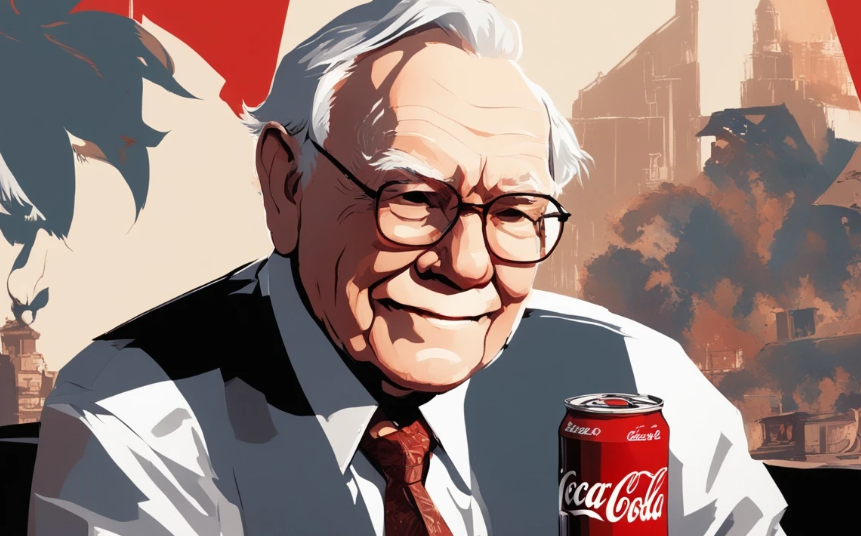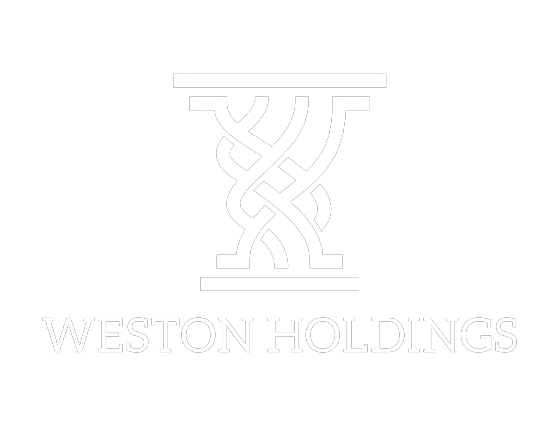Dear valued client,
Markets lost marginal ground this week as the U.S. Federal Reserve maintained its key interest rate at 4.25%–4.5% on Wednesday for the third consecutive time, amidst significant economic uncertainty driven by global trade. Despite a robust economy evidenced by recent employment and spending growth, Powell noted a record-low consumer optimism due to anticipated tariff impacts. Powell has emphasized a cautious approach, stating the Fed can afford to wait for clearer data before adjusting policy.President Donald Trump and UK Prime Minister Keir Starmer announced a trade deal on Thursday that reduces U.S. tariffs on UK cars, Rolls-Royce engines, and plane parts while granting the U.S. greater access to British markets for beef, poultry, ethanol, and cereals. The agreement, which allows the UK to export 100,000 cars to the U.S. at a 10% tariff rate instead of 27.5% and eliminates tariffs on certain UK steel and aluminum, marks a significant win for Starmer’s Labour government, achieving what the UK Conservative Party could not in 14 years. However, the deal’s scope is limited, with many UK goods still subject to the U.S.’s blanket 10% tariff, and details on sectors like pharmaceuticals, quantum computing, and the UK’s digital services tax remain unclear. While the deal bolsters Brexiteers’ arguments and benefits luxury UK carmakers and U.S. meat exporters, its economic impact on the U.S. is likely modest, given the UK accounts for just 2.9% of American trade.
In an effort to ease trade tensions, U.S. Treasury Secretary Scott Bessent and Trade Representative Jamieson Greer will meet with Chinese counterparts in Geneva this weekend, marking the first high-level trade talks since President Donald Trump imposed 145% tariffs on Chinese goods and China retaliated with 125% duties. Trump hinted at possibly lowering tariffs to sustain business with China, but Beijing insists on the cancellation of U.S. tariffs as a precondition for talks, framing the U.S. as coercive. The trade war has already caused significant economic fallout, with China’s U.S. exports dropping 21% in April and American retailers warning of holiday shortages and price hikes. Both sides have clear objectives: the U.S. seeks to reduce China’s trade surplus and address unfair practices like industrial subsidies and IP theft, while China aims to lower tariffs without restructuring its economic model. Experts suggest the talks are exploratory, with progress hinging on whether future meetings are planned, as Beijing remains resolute against appearing to yield to U.S. pressure.
On Wednesday, India conducted airstrikes on nine alleged militant sites in Pakistan and Pakistani-administered Kashmir, killing at least 26 people according to India and 31 according to Pakistan, in retaliation for an attack last month in Indian-controlled Kashmir that killed 26 civilians. Pakistan, denying involvement in the initial attack, labeled the strikes an “act of war” and vowed a military response, escalating tensions between the two nuclear-armed neighbors. The conflict, rooted in a decades-long dispute over Kashmir—divided between India and Pakistan since their 1947 partition—has historically fueled multiple wars and skirmishes, including the 1965 and 1971 conflicts and the 1999 Kargil War. Despite international calls for restraint from the U.S., China, and others, both nations’ defiant rhetoric and Pakistan’s promise of a “tit-for-tat” response raise fears of further escalation. However, analysts suggest the skirmish may subside as neither country has the economic or political appetite for sustained conflict, given their nuclear capabilities and lack of military dominance.
Warren Buffett, the legendary investor, announced his retirement as CEO of Berkshire Hathaway by year-end at the company’s annual shareholders meeting in Omaha, concluding a remarkable 60-year tenure that transformed a failing textile company into a $1.1 trillion conglomerate. Since taking control in 1965, Buffett’s value investing philosophy—emphasizing patience and undervalued assets—has driven Berkshire’s stock to a 19.9% annualized return, nearly doubling the S&P 500’s 10.4%, with investments in companies like Geico, Coca-Cola, and Apple, and a current cash reserve of $350 billion. His success, yielding outsized returns even if Berkshire’s stock fell 99%, has cemented his status as the “investing GOAT,” inspiring millions. Buffett’s successor, Greg Abel, will now navigate deploying this massive capital amid recent challenges in finding attractive investments, while Buffett plans to remain involved in an advisory capacity.
“The stock market is designed to transfer money from the active to the patient.” – Warren Buffett
Have a great weekend,
PW



